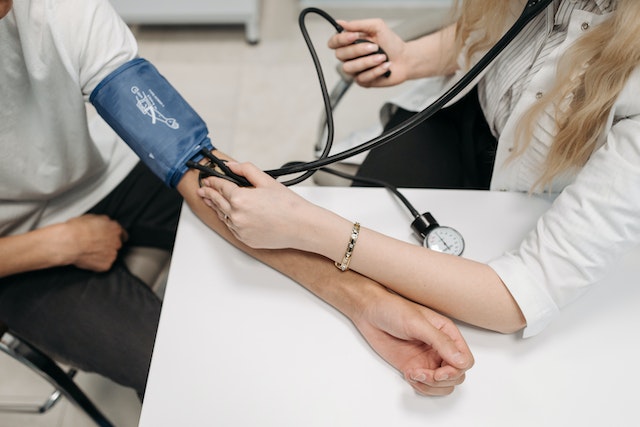6 Ways to Improve Patient Experience in Healthcare
The quality of care that a patient receives is, in large part, determined by their perspective. It encompasses the entirety of a patient’s experience with a healthcare professional, from the initial scheduling of appointments through the actual delivery of service. A more satisfying experience for the patient can boost patient satisfaction, which can boost patient loyalty and improve health outcomes.
On the other hand, a terrible patient experience can result in patient dissatisfaction, leading to decreased patient retention rates and even possible legal action. This post will discuss six ways in which the patient experience might be improved in the healthcare system.
1. Have a Good Understanding of the Needs and Expectations of the Patient
Understanding the requirements and goals of patients can be the first step in enhancing their overall experience as a patient. Patients desire to have their voices heard, to be respected, and to feel valued. Healthcare providers can collect patients’ input through surveys, focus groups, and other types of feedback. As soon as they have a complete comprehension of patients’ requirements and anticipations, they can devise patient-centered tactics centered on providing the patients with the very best possible experience.
2. Improve Your Capacity to Communicate With Patients
The ability to communicate effectively is essential to enhancing the patient’s experience. Those who work in healthcare must make an effort to speak openly, consistently, and compassionately with their patients. They can also avoid jargon and explain medical terms in a way that is easy to comprehend. In addition, they can utilize clear language. When communicating with patients, providers can access various communication options, such as face-to-face meetings, phone calls, emails, and telemedicine.
3. Make the Most of Your Time Spent Waiting
The length of time that patients are required to wait is one of the primary causes of their frustration. Healthcare practitioners can reduce wait times by streamlining processes, improving scheduling, and utilizing technology to optimize patient flow. Additionally, they can provide patients with regular updates on wait times and inform them of any delays. Patients can check in remotely and receive up-to-the-minute information on their appointments thanks to digital tools like patient portals and smartphone applications made available by healthcare providers.
4. Give Individualized Attention to Patients
Patients want to have the impression that their care is individualized and catered to their specific requirements. Taking the time to get to know their patients, using patient data to guide treatment decisions, and developing care plans with the patient in mind are all effective ways for medical professionals to personalize the therapy they deliver. They can also use technology, such as wearables and health apps, to remotely monitor patients and offer individualized advice for their health.
5. Encourage the Development of a Culture Based On Empathy and Compassion
A culture that emphasizes empathy and compassion is necessary to enhance patients’ experience. Fostering open communication, engaging in active listening practices, and demonstrating real concern for patients are three ways healthcare workers can establish an empathic culture. They can also provide employees with training on empathy and compassion and recognize and reward employees who exhibit these qualities.
6. Make Use of Technology to Provide a Better Experience For Patients
Technology has the potential to play a key role in making the patient experience better. Increased awareness and engagement are two main advantages of Evolve healthcare marketing. Healthcare firms can inform patients about their services and goods by using marketing techniques to reach a wider audience. This may result in more active patient participation and better-informed healthcare choices.
Healthcare practitioners can employ technology to automate mundane procedures such as appointment scheduling and the refilling of prescriptions, providing patients with easy access to healthcare services whenever needed. They can also use technology to collect patient data, remotely monitor patients’ health, and present patients with individualized recommendations for treatment.
Conclusion
In conclusion, due to the increased competition in the healthcare industry, providers are looking for more and more ways to enhance the patient experience. Enhancing the patient experience not only contributes to increased levels of patient satisfaction but also has the potential to improve overall patient outcomes. Improving the experience that patients have with healthcare practitioners is essential to the success of their practice.
Creating a patient-centric approach that provides high-quality care and boosts patient satisfaction is possible for healthcare providers if they understand the needs and expectations of patients, improve communication, optimize waiting times, offer personalized care, foster a culture of empathy and compassion, and make use of technology. Improved patient outcomes, increased patient retention, and, ultimately, practice expansion are all possible results for clinicians who put into practice these six strategies to improve the patient experience in healthcare.










































